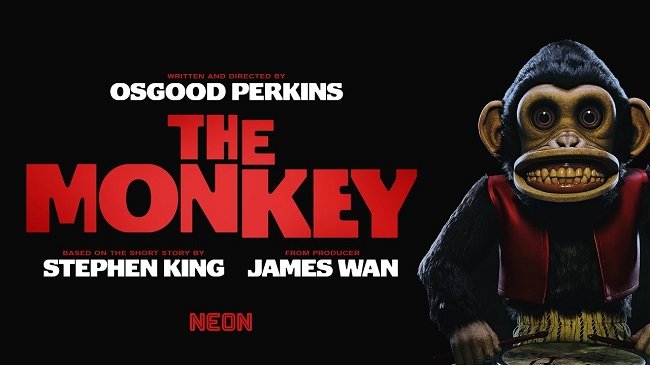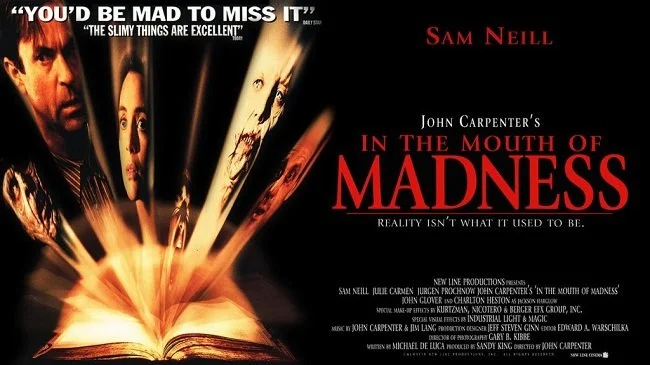Fallen (1998)
Detective John Hobbes (Denzel Washington) visits convicted serial killer Edgar Reese (Elias Koteas), prior to his execution. An unrepentant Reese poses a riddle for Hobbes then lapses into a strange language. He goes to his execution singing “Time Is On My Side” by The Rolling Stones. Shortly after, Hobbes receives an anonymous tip by phone of a murder. On arrival at the crime scene, Hobbes and his partner “Jonesy” (John Goodman) find that the murder victim has been killed in an identical fashion to those killed by Reese. Furthermore, the same riddle has been written on the wall. Despite warnings from his senior officer, Lieutenant Stanton (Donald Sutherland), not to pursue solving the riddle, Hobbes persists in his investigation. It leads to a highly decorated policeman who killed himself under mysterious circumstances and a pattern of events not dissimilar to those that Hobbes is currently facing.
Fallen did not do well upon its initial release. It received mixed reviews from the critics and failed to recoup its production costs at the box office. However, not being commercially successful doesn’t mean that a film is bad. Sometimes it can be because a film is not marketed correctly and has failed to find its audience. Or that it was released at the wrong time and cinema goers may have been struggling with genre fatigue. If you want a textbook example of this consider the 1989 James Bond film Licence to Kill. This seems to be the case with Fallen (1998), directed by Gregory Hoblit. More recently, opinions have been revised regarding this film and it has developed a cult following. There is definitely more to it than the plot synopsis suggests.
Fallen is a character driven, performance lead, slow burn. An intellectual game of cat and mouse between Hobbes and his potentially supernatural adversary. There are a few minor action scenes but they are not the film’s raison d'être. Instead the script by Nicholas Kazan (who also wrote Matilda and Enough) explores the nature of the “daily” evil that the police face and how it impacts upon their lives. Hobbes is a morally upright man, who tries to do his best, both at work and at home where he looks after his special needs brother and young nephew. The theological elements are handled very discreetly and the protagonists gradual realisation that something potentially supernatural is afoot is managed well. The film doesn’t make the mistake of trying to force a romantic situation between Hobbes and the only major female character in the story.
I suspect that the subtlety of the supernatural elements in Fallen and a distinct lack of any overt genre sensationalism may have contributed to it not being a commercial success. There are similarities between this film and The Hidden (1987) which handles the theme of a transient killer moving from host to host far more graphicly. Such trappings are absent here by choice. However, if you have the patience to apply yourself to a thoughtful, understated, psychological thriller then Fallen has much to offer. The strong cast, especially Washington himself, holds your attention and although the ending may not necessarily be to everyone's liking, it at least brings the story full circle. This is thoughtful genre filmmaking with the emphasis on suspense and a requirement for audiences to think. The latter often alienates a percentage of viewers.




























